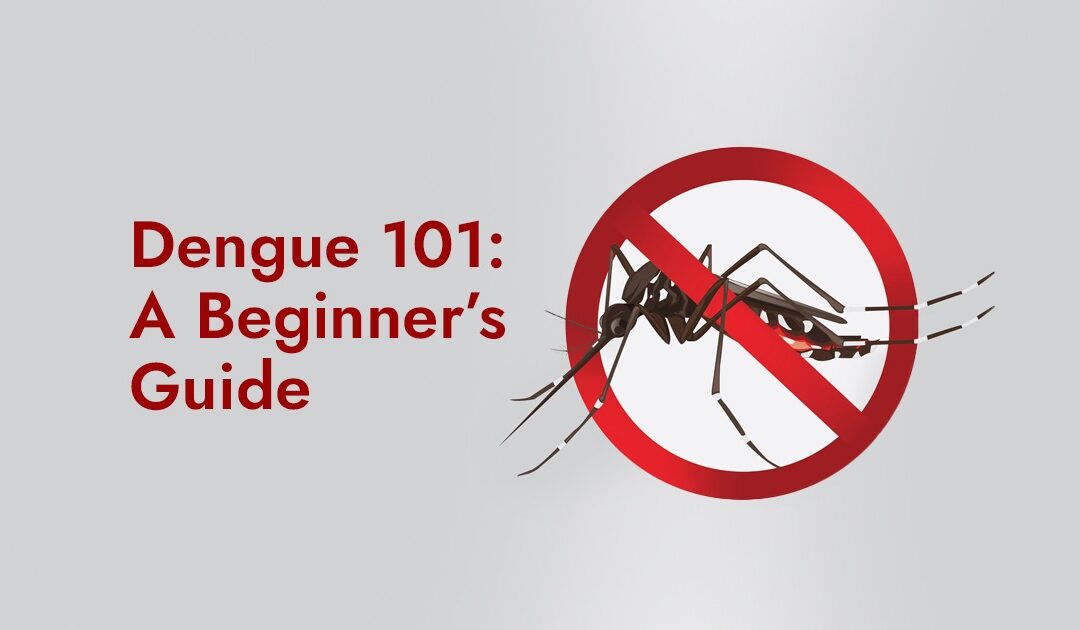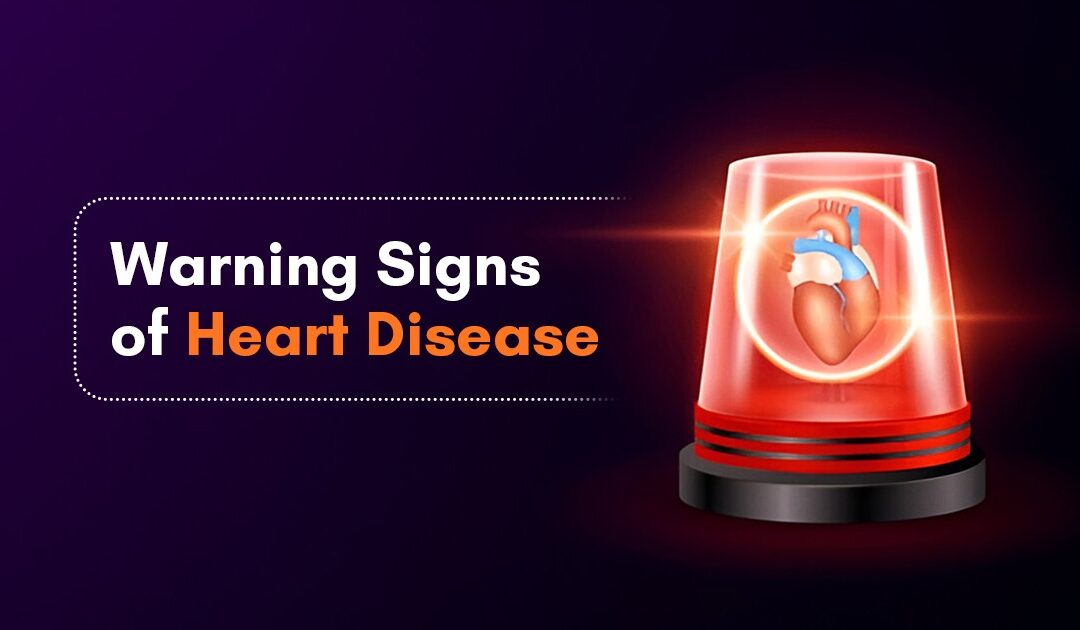Dengue fever is a sickness caused by the bite of a mosquito carrying one of four varieties of dengue virus (DENV) – DEN 1, DEN 2, DEN 3, or DEN 4 – that occurs in tropical and subtropical regions around the world. The virus is most typically found in tropical and subtropical areas such as Central and South America, Africa, sections of Asia, and the Pacific Islands. Mild dengue fever results in a high fever and flu-like symptoms. The severe type of dengue fever, commonly known as dengue hemorrhagic fever, can result in severe bleeding, an abrupt decline in blood pressure (shock), and death. Dengue fever is not communicable from person to person, except when transmitted from a pregnant woman to her child.
Dengue fever is most prevalent in Central and South America, Africa, sections of Asia, and the Pacific Islands. Research suggests that about 400 million people get infected with dengue each year, yet most (about 80%) exhibit no symptoms.
What are the signs and symptoms of Dengue fever to look out for?
The majority of dengue infections are symptomless. If you experience any symptoms, a high fever (104°F/40°C) is usual, as well as:
- Rash.
- Severe pain behind your eyes.
- Vomiting or nausea.
- Joint, bone, and muscle aches.
The symptoms of dengue fever can linger for three to seven days and begin four to ten days after a mosquito bite.
What causes Dengue fever?
Of the four dengue viruses, one is responsible for dengue fever. The dengue virus can enter your bloodstream and replicate when you are bitten by a mosquito carrying the virus. Blood clot-forming components and blood vessel structure can be destroyed by the virus. This, along with some chemicals produced by your immune system can cause blood to flow out of your vessels and cause internal bleeding. This results in the potentially fatal symptoms of severe dengue.
What is Dengue Hemorrhagic fever?
Severe dengue or Dengue Hemorrhagic fever is the potentially fatal escalation of dengue fever symptoms. Severe dengue warning signals typically appear 24 to 48 hours after the fever has subsided.
It is a potentially lethal medical emergency. If you have dengue or reside in a dengue-prone area, get help as soon as possible if you encounter any of the following symptoms:
- Abdominal or stomach ache.
- Throwing up often.
- Vomiting blood or getting blood in your stool.
- Bleeding gums or nosebleeds.
- Excessive exhaustion, agitation, restlessness or irritation.
How is Dengue fever diagnosed?
Blood testing is used to diagnose dengue fever. To check for dengue virus symptoms, your healthcare professional will draw blood from a vein and send it to a lab. In addition, it can reveal which of the four versions you have. A blood test might be used by your medical expert to search for additional infections that may be causing your symptoms.
How is Dengue fever treated?
Dengue fever cannot be treated with medication. Symptom management is the sole treatment available for dengue fever. Pay attention to the advice given by your healthcare provider, which may include:
- Consuming an adequate amount of water and other liquids to stay hydrated.
- Resting as much as you can.
- Solely using acetaminophen to treat pain.
- Take no aspirin or ibuprofen. Your risk of potentially fatal internal bleeding may rise as a result.
Dengue fever is a mosquito-borne illness that can range in severity from mild to fatal. A high fever and flu-like symptoms are typical, however most people don’t feel anything. Severe dengue hemorrhagic fever can cause shock and internal bleeding. It’s critical to identify warning indicators early on, such as intense stomach pain or recurrent vomiting. While there isn’t a known treatment, symptoms can be managed with the use of appropriate pain medicines like acetaminophen, lots of rest, and staying hydrated. As soon as possible, seek medical advice from a physician if you suspect dengue.




